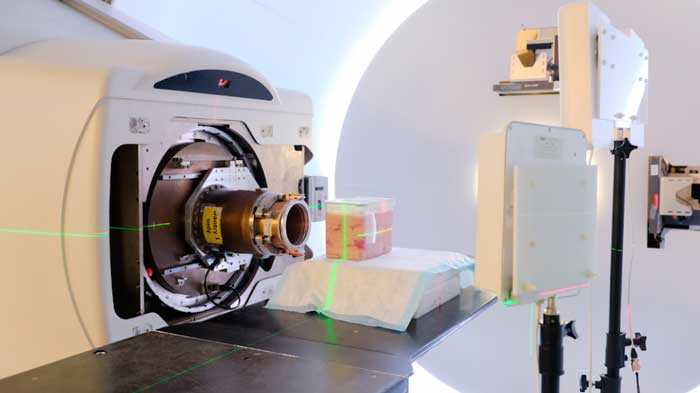
Diagnosing diseases is not always an effective and painless procedure (think about swallowing the endoscopic probe!). Specialists from the Massachusetts Institute of Technology (MIT) offer the use of modern technology to determine the state of the body and its treatment. To do this, they developed a system for tracking mobile implants, or nanorobots, within the human body.
The mechanism was called ReMix or a GPS system for the body. Implants are tracked inside a person using wireless signals. According to the results of tests on animals, the accuracy of such a system is within 1 centimeter. ReMix does not need a battery or recharging as the implants simply reflect the signal of the search device.
One of the prospective options for using the system is cancer irradiation with proton rays. This procedure requires precision since higher doses are prescribed compared to standard treatment. The implants will help to determine the exact location of cancer cells, becoming akin to a marker. It will also be possible to deliver medications to specific organs or pain points.
The only problem with the experiments was “parasitic” signals coming from the person. They muffle the marker signals, but scientists have developed a way of separating the marker signals from the others.
The developers plan to improve the ReMix system by adding various diagnostic methods, such as MRI.






